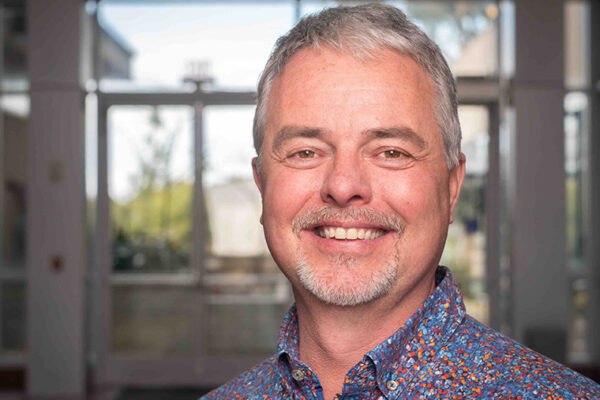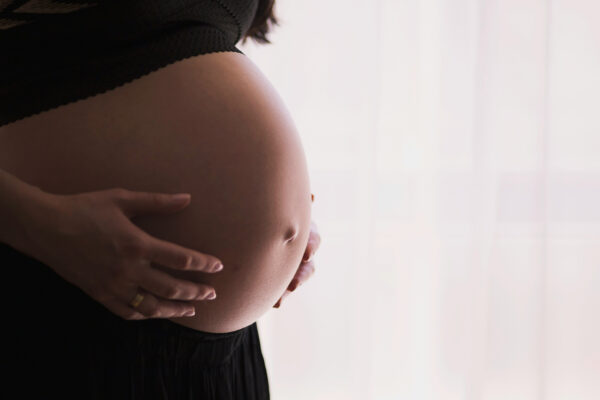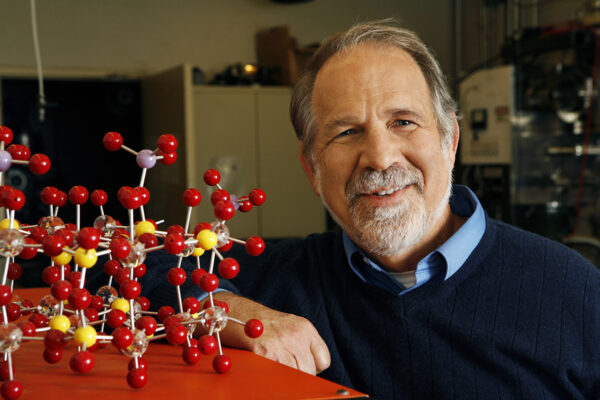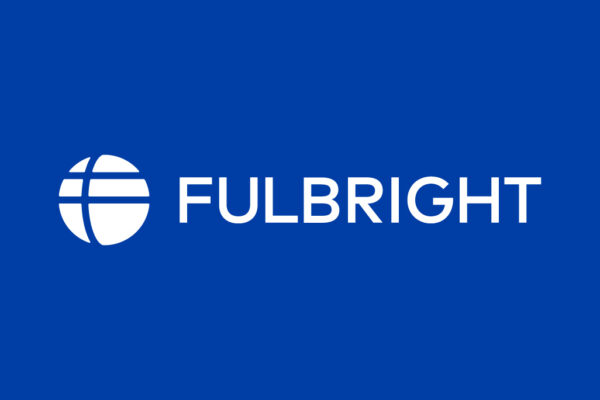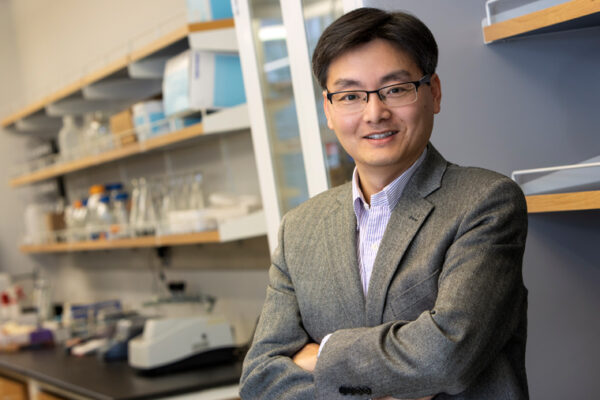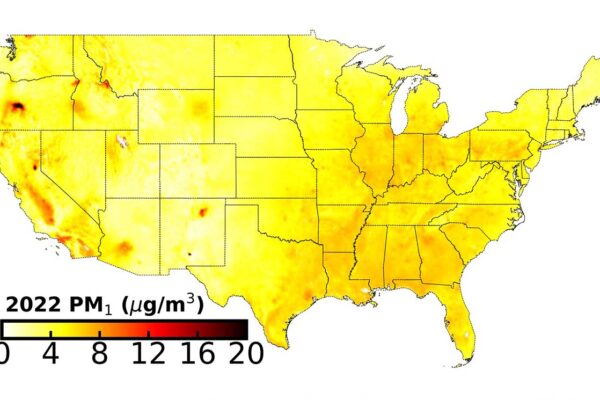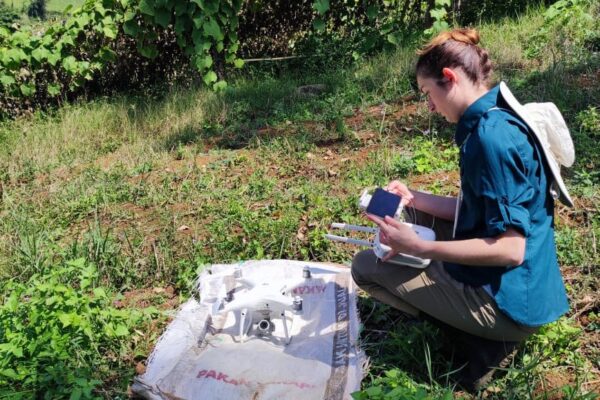Friend named chair of mechanical engineering, materials science
James Friend, of the University of California, San Diego, has been named chair of the Department of Mechanical Engineering & Materials Science in the McKelvey School of Engineering. His appointment will begin in 2026.
Sleep data from wearable device may help predict preterm birth
An interdisciplinary research team at Washington University in St. Louis has found that variability in sleep patterns in people experiencing pregnancy can effectively predict preterm birth.
John Gleaves, engineering professor emeritus, 79
John Gleaves, a professor emeritus at the McKelvey School of Engineering, died June 2. He was 79.
Several alumni earn Fulbright awards
Eight recent alumni and one current student of Washington University in St. Louis earned Fulbright awards to travel abroad to teach English or to conduct research in the 2025-26 academic year. The program recognizes talented leaders and scholars who are committed to promoting global collaboration and understanding.
Predicting pain with machine learning
Researchers at Washington University in St. Louis are using machine learning to better predict who will experience persistent pain after surgery.
He receives environmental engineering award
Zhen He, an environmental engineer at WashU, received the 2025 Frederick George Pohland Medal from the Association of Environmental Engineering and Science Professors and the American Academy of Environmental Engineers and Scientists.
Tiny and toxic: Researchers track smaller air pollution particles across US skies
To help understand air pollution health effects, researchers in St. Louis quantified how the amount of submicron particles in the air has changed over the past 25 years.
Environmental futures
Discover some of the many environmental projects currently underway among WashU’s graduate student community, the ‘research engine of the university.’
Ethical exotics
Kahan Chavda, BSBME ’16, co-founder of Inversa, a company pioneering the field of ethically harvested leathers, workshops with Sam Fox School students on how engineering and fashion design can support endangered ecosystems.
New hydrogel treatments turn water waste into fertilizer
Environmental engineers at WashU have developed hydrogels to transform wastewater nutrients into useful feedstocks and fertilizers.
View More Stories
